
Mental illnesses affect the human mind. They are described as medical conditions that severely disrupt person’s emotions, thinking, daily functioning, and ability to relate to others. Troubles in these fields of life are normal to some degree, but when the person loses the capacity for coping with everyday life, we can say that a person is affected with some kind of a mental illness. Mental illnesses affect people of all ages, races and socio-economic groups. They are usually caused by stressful life, personal weaknesses or sometimes even inherited. Mental illness affects one in four individuals at some point in their lives, and remains the leading cause of disability in the United States. Here are the brief descriptions for the most common types of mental illnesses.
Neurosis
This mental disorder is described by extreme distress without delusions or hallucinations. It is usually defined as a functional disorder in which feelings of anxiety, obsessive thoughts, compulsive acts, and physical complaints are present and dominate the personality.
Schizophrenia
This mental disorder is defined by a breakdown of thought and emotional responsiveness. It may take a form of hallucinations, paranoid or bizarre delusions, or completely disorganized speech and thinking. Most of the people suffering from the schizophrenia report hearing voices or having a constant feeling that someone is following them.
Psychosis
Patient suffering from psychosis loses the ability to tell the difference between the real and imaginary. This is the most common mental illness in children. Psychotic people may also suffer from hallucinations and delusions, and may even exhibit severe changes in personality and thoughts.
Personality Disorder
There are many different personality disorders, but all of them involve changes in the inner experience and behavior that severely deviates from the expectations of the culture of the affected individual.
Dementia
Dementia is a severe loss of cognitive ability in previously healthy individual. Loss of cognitive ability is normal in the process of aging, but if it goes beyond what might be expected from normal aging, the person meets the criteria for mental illness. This disorder is more common in elderly population, but it may happen in any stage of adulthood.
Bipolar Disorder
This is a severe psychiatric diagnosis also known as manic depression. It is defined by extreme mood swings and alternating episodes of abnormally elevated mood and energy levels, followed with one or more depressive episodes.
Post Natal Depression
This type of mental illness is also known as postpartum depression and defined as a clinical depression that affects women, but sometimes also men, after childbirth. This type of depression may last first couple of weeks of motherhood and continue up to several months or even a year. Patient typically feels sad, tired, and exhibits changes in eating and sleeping pattern. It is probably caused by lack of vitamins in the body, since no studies have found a correlation between hormones and postpartum mood disorders.



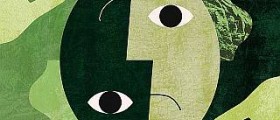
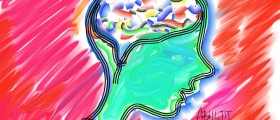


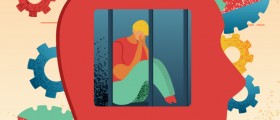


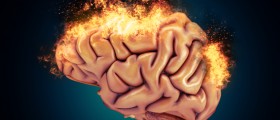

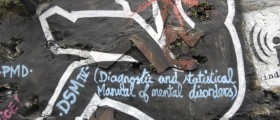

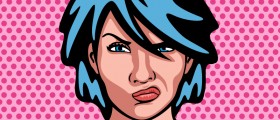

Your thoughts on this
Loading...